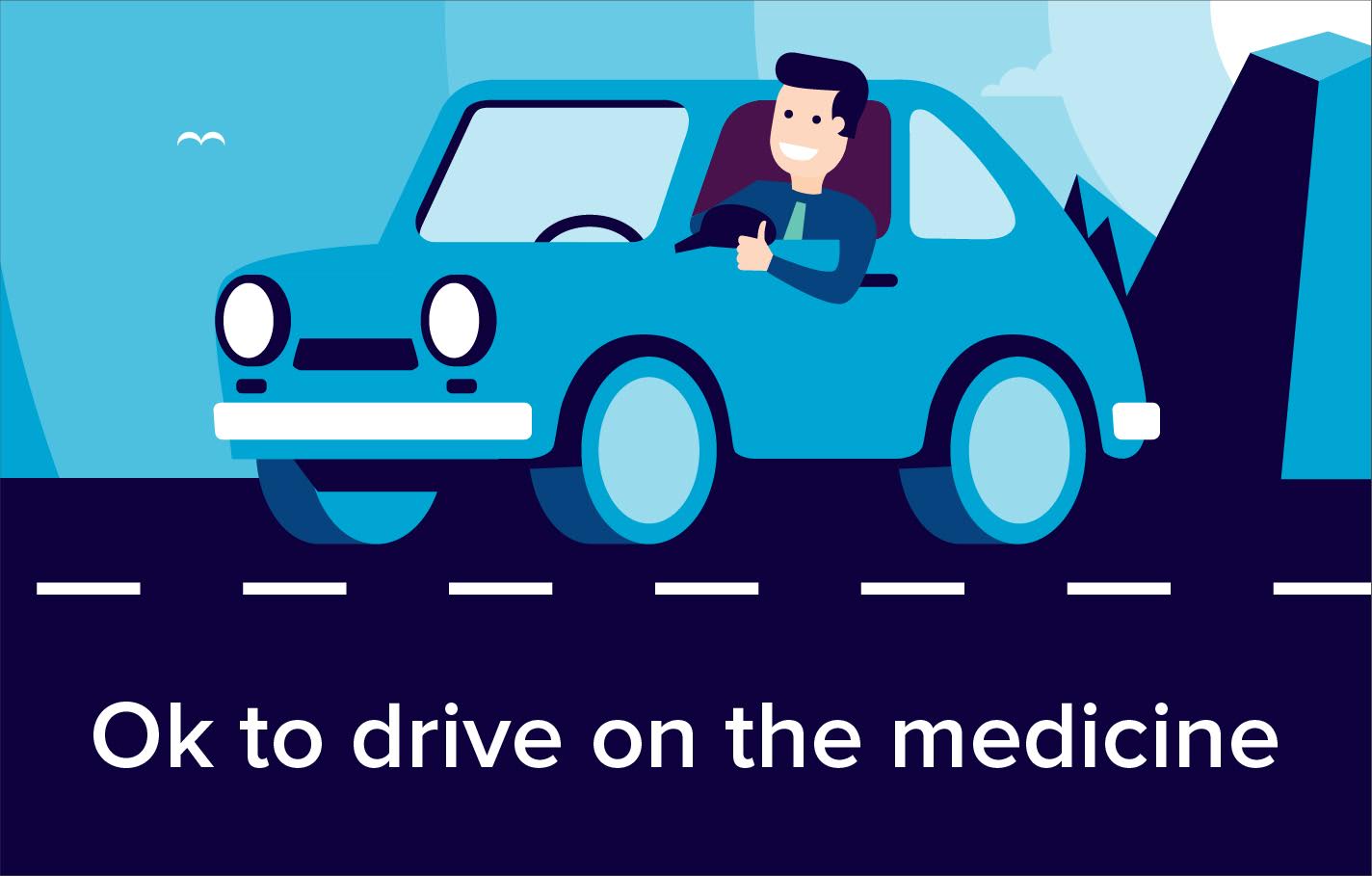Cholestagel tablets contain the active ingredient colesevelam, which is a type of medicine called a bile acid sequestrant. It is used to lower blood cholesterol levels.

What is it used for?
- High blood cholesterol levels (primary hypercholesterolaemia).
- Cholestagel can be used in combination with a statin medicine (for example simvastatin, atorvastatin) when treatment with a statin has not lowered cholesterol levels enough.
- Cholestagel can also be used on its own to lower cholesterol levels when statin treatment is not appropriate or causes unacceptable side effects.
How does it work?
- Cholestagel tablets contain the active ingredient colesevelam, which is a type of medicine called a bile acid sequestrant. It is used to lower blood cholesterol levels.
- Colesevelam is not absorbed into the bloodstream. It works in the intestines, where it binds to bile acids.
- Bile is a fluid that is produced by the liver. It is released into the intestine through the bile duct as part of digestion.
Use with caution in
- Coronary heart disease or angina pectoris.
- Raised triglyceride levels (above 3.4 mmol/L).
- Liver failure.
- People who are susceptible to vitamin K or fat-soluble vitamin deficiencies, such as people with malabsorption.
- People with any swallowing disorders, such as difficulty or pain when swallowing.
- People with severe disorders of the stomach and intestines that affect the passage of material through the gut.
- Inflammatory bowel disease, such as Crohn's disease or ulcerative colitis .
- People who have had major surgery on their stomach or intestines.
Not to be used in
- Blockage of the bile duct (biliary obstruction).
- Blockage of the bowel.
- This medicine is not recommended for children and adolescents.
- This medicine should not be used if you are allergic to one or any of its ingredients. Please inform your doctor or pharmacist if you have previously experienced such an allergy.
If you feel you have experienced an allergic reaction, stop using this medicine and inform your doctor or pharmacist immediately.
Pregnancy and breastfeeding
Certain medicines should not be used during pregnancy or breastfeeding. However, other medicines may be safely used in pregnancy or breastfeeding providing the benefits to the mother outweigh the risks to the unborn baby. Always inform your doctor if you are pregnant or planning a pregnancy, before using any medicine.
The safety of this medicine for use during pregnancy has not been established. The manufacturer states that it should be used with caution in pregnancy. Seek medical advice from your doctor.
The safety of this medicine for use in breastfeeding women has not been established. The manufacturer states that it should be used with caution by breastfeeding mothers. Seek medical advice from your doctor.
Label warnings
- Take this medication with or after food.
Side effects
Medicines and their possible side effects can affect individual people in different ways. The following are some of the side effects that are known to be associated with this medicine. Just because a side effect is stated here does not mean that all people using this medicine will experience that or any side effect.
Very common
- Constipation.
- Flatulence
Common
- Headache.
- Raised levels of fats called triglycerides in the blood.
- Vomiting.
- Nausea.
- Diarrhoea
- Indigestion.
- Abdominal pain.
- Abnormal stools.
Uncommon
- Muscle pain.
- Increased liver enzymes.
The side effects listed above may not include all of the side effects reported by the medicine's manufacturer.
For more information about any other possible risks associated with this medicine, please read the information provided with the medicine or consult your doctor or pharmacist.
How can this medicine affect other medicines?
- It is important to tell your doctor or pharmacist what medicines you are already taking, including those bought without a prescription and herbal medicines, before you start treatment with this medicine. Similarly, check with your doctor or pharmacist before taking any new medicines while taking this one, to ensure that the combination is safe.
- Colesevelam may interfere with the absorption of other medicines from the gut if they are taken at the same time as this medicine. To avoid this, other medicines should be taken at least four hours before or four hours after taking Cholestagel tablets. However, statins such as atorvastatin and simvastatin CAN be taken at the same time of day as Cholestagel.
- Colesevelam can affect the absorption of ciclosporin, an immunosuppressant. If this medicine is used in combination with ciclosporin, then it should be taken at least four hours after the ciclosporin dose. It is also necessary to follow a set routine for when taking colesevelam in combination with ciclosporin. This means that you should keep to a set pattern for taking these two medicines, for example regularly taking ciclosporin at 8am, then Cholestagel tablets four hours later.
- If you are taking a combined oral contraceptive pill, there may be a risk that this medicine could make it less effective at preventing pregnancy. This can be avoided by taking the Cholestagel at least four hours after the oral contraceptive.
- Colesevelam may change the anti-blood-clotting effect of anticoagulant medicines such as warfarin, nicoumalone and phenindione. If you are taking any of these your blood clotting time (INR) may need to be monitored more frequently.
References:
https://www.medicines.org.uk/emc/medicine/20988
http://www.netdoctor.co.uk/medicines/heart-and-blood/a8664/cholestagel-colesevelam/
https://www.drugs.com/uk/cholestagel.html
http://www.medicalook.com/reviews/CholestaGel.html
http://www.ema.europa.eu/docs/en_GB/document_library/EPAR_-_Summary_for_the_public/human/000512/WC500025675.pdf
http://www.medicines.ie/medicine/17149/SPC/Cholestagel+625+mg+film+coated+tablets/#MACHINEOPS

